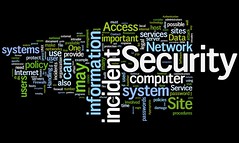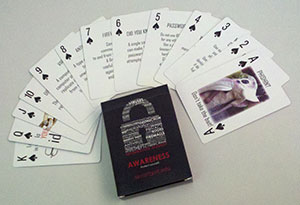Speaking Schedule, January-June 2013
Category:EDUCAUSE,Information Security,Infosec Communicator,Internet Safety,Leadership,STC,STC Rochester,Summit,techcomm,UncategorizedSpeaking Schedule
Updated 1-15-13
10 January 2013. Bullet Proofing Your Career Online, Genesee Valley Chapter, ASTD, Roberts Wesleyan College, Rochester, New York, with Hannah Morgan- 8 March 2013, Keynote: Bullet Proofing Your Career Online, Mid-Atlantic Technical Communication Conference, Philly Metro Chapter STC, Giant Conference Center, Willow Grove, PA, with Hannah Morgan
- 9 March 2013, Workshop: Bullet Proofing Your Career Online, Mid-Atlantic Technical Communication Conference, Philly Metro Chapter STC, Giant Conference Center, Willow Grove, PA, with Hannah Morgan
- 22 March 2013, Empowering the Introvert Within: Becoming an Outstanding Leader, Spectrum 2013, Rochester Institute of Technology, Rochester, NY, with Hannah Morgan
- 22 March 2013, Lightning Talk: Shock Proofing Your Use of Social Media, Spectrum 2013, STC Rochester, Rochester Institute of Technology, Rochester, NY
- 23 March 2013, Leadership Program, Spectrum 2013, STC Rochester, Rochester Institute of Technology, Rochester, NY
- 16 April, 2013: A Model for Today: Partnering with Industry to Enhance Institutional Information Security Capabilities, EDUCAUSE Security Professionals Conference, St. Louis, MO, with Jonathan Maurer (Rochester Institute of Technology) and Brian Kenyon (McAfee)
- 5 May 2013, Leadership Program, Get on Board: Entraining Volunteers, STC Technical Communication Summit ’13, Atlanta, GA
- 6-8 May 2013, Empowering the Introvert Within: Becoming an Outstanding Leader, STC Technical Communication Summit ’13, Atlanta, GA, with Hannah Morgan
- 6-8 May 2013, Progression: Shock Proofing Your Use of Social Media, STC Technical Communication Summit ’13, Atlanta, GA
Related articles



















